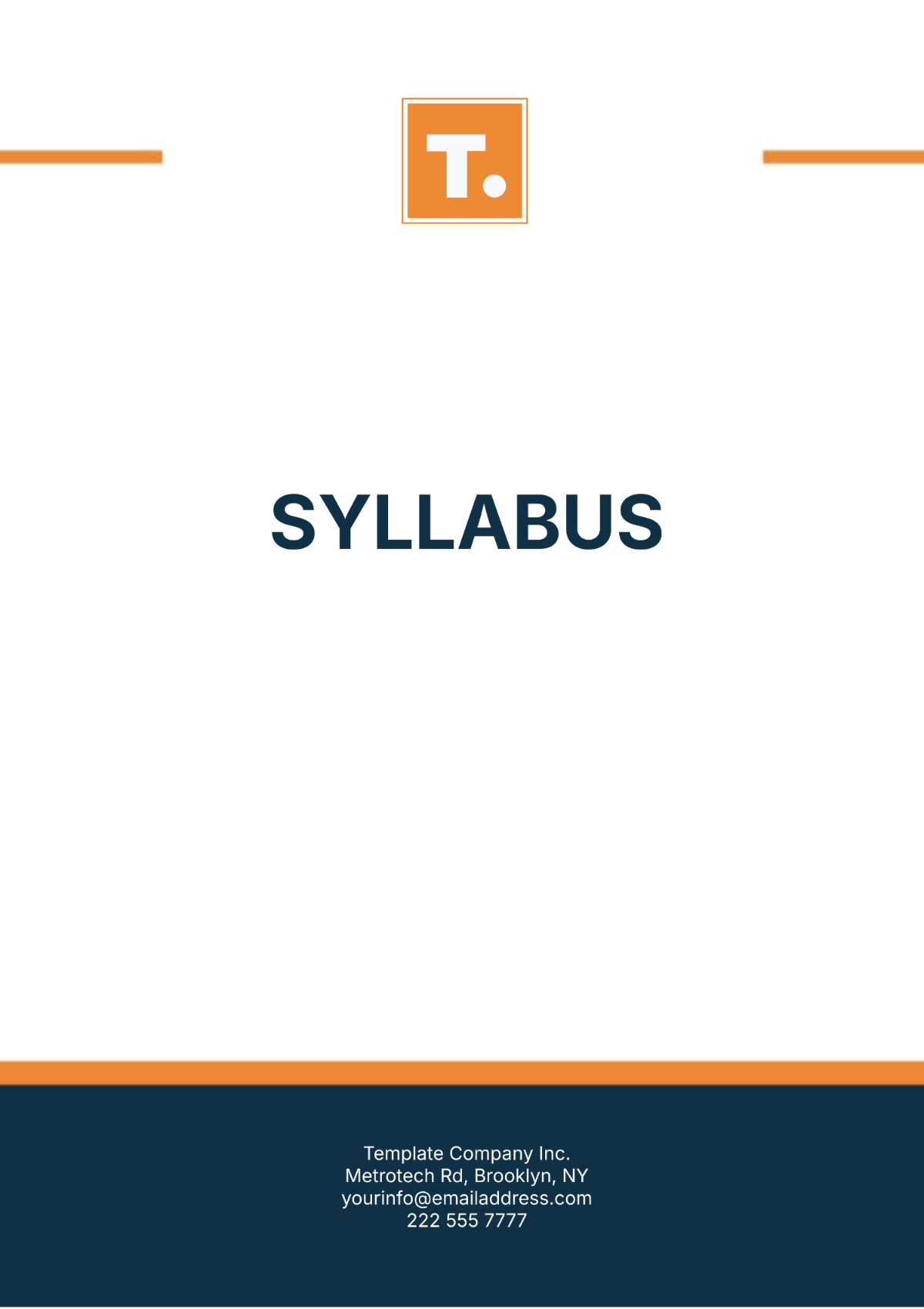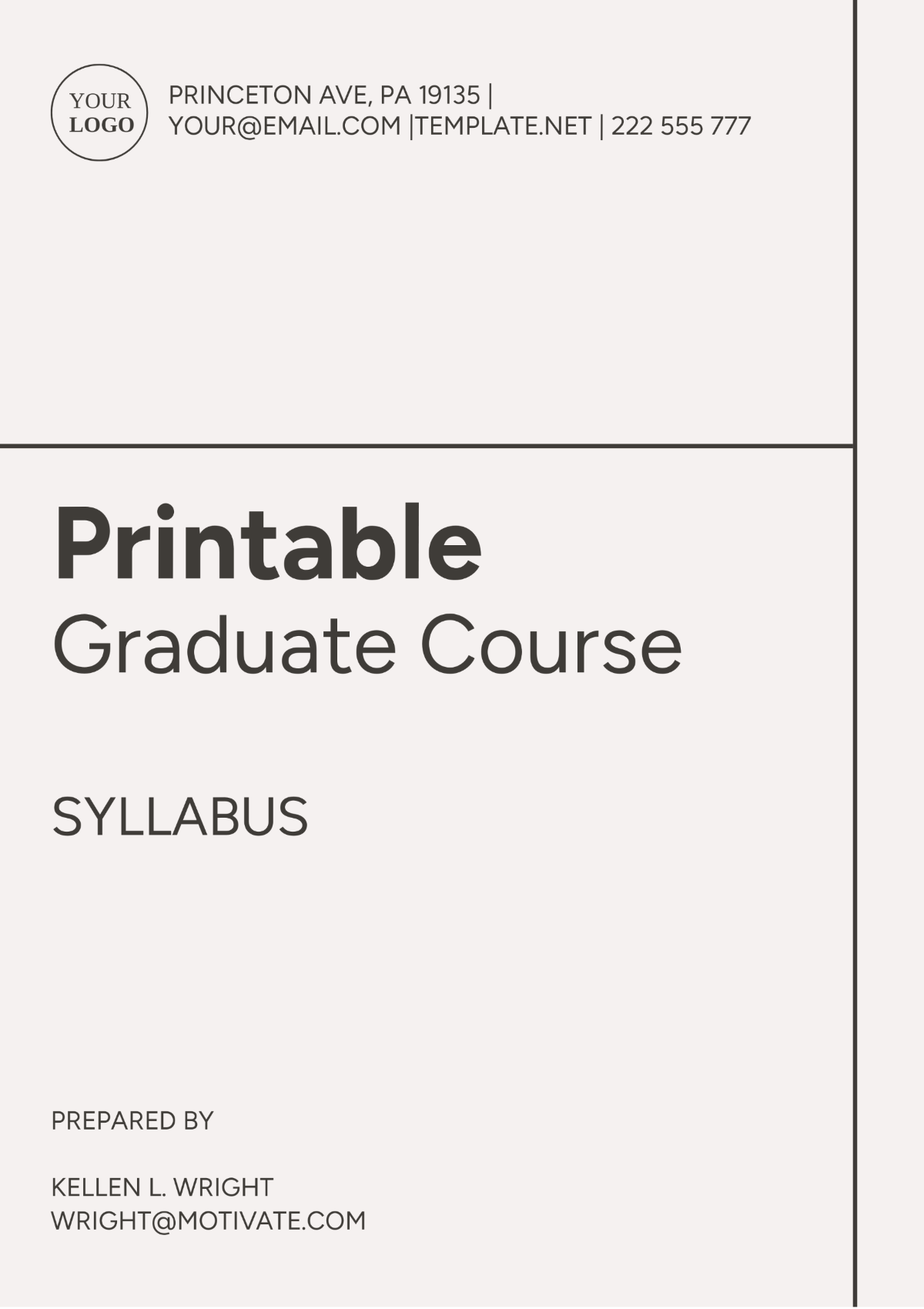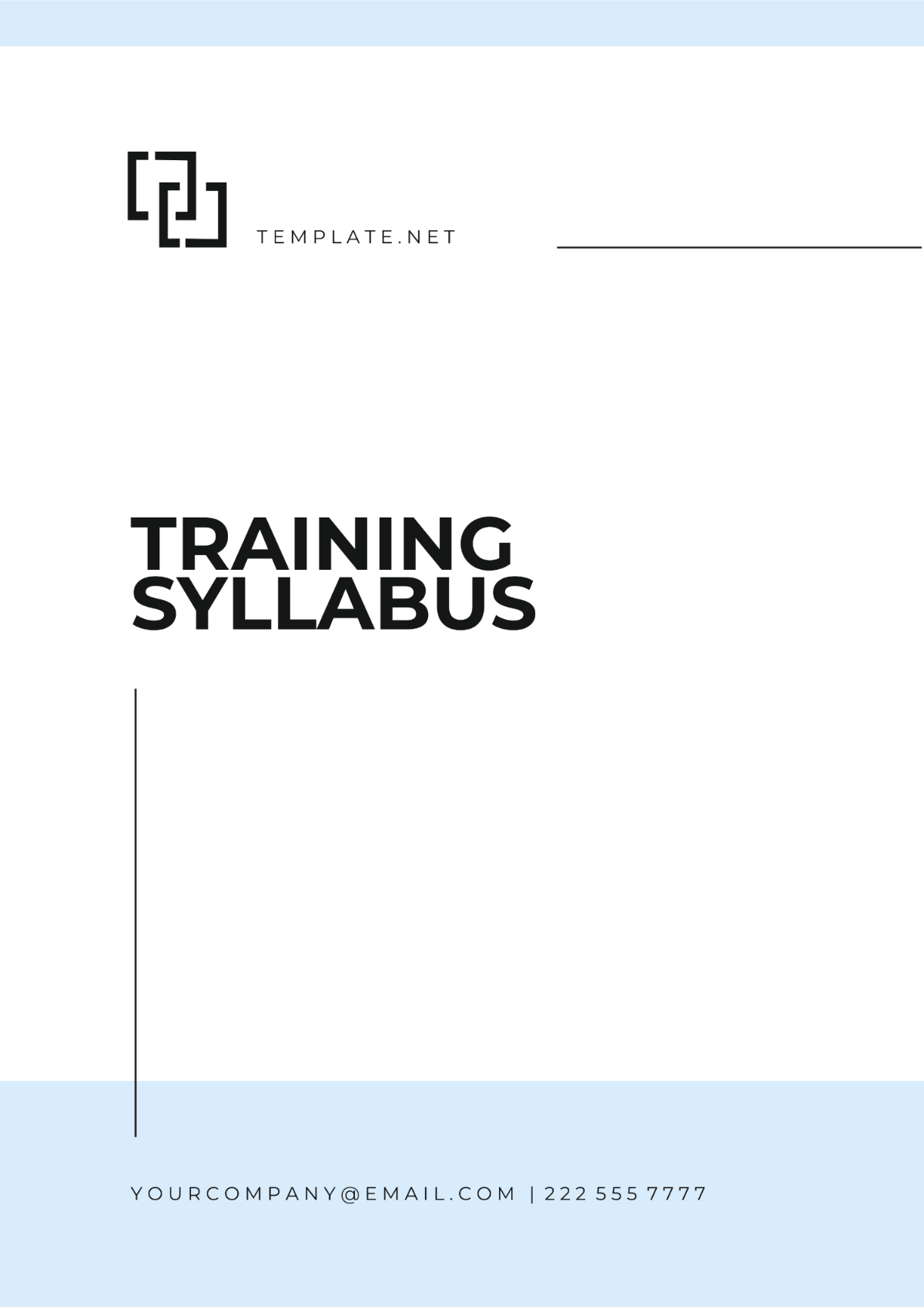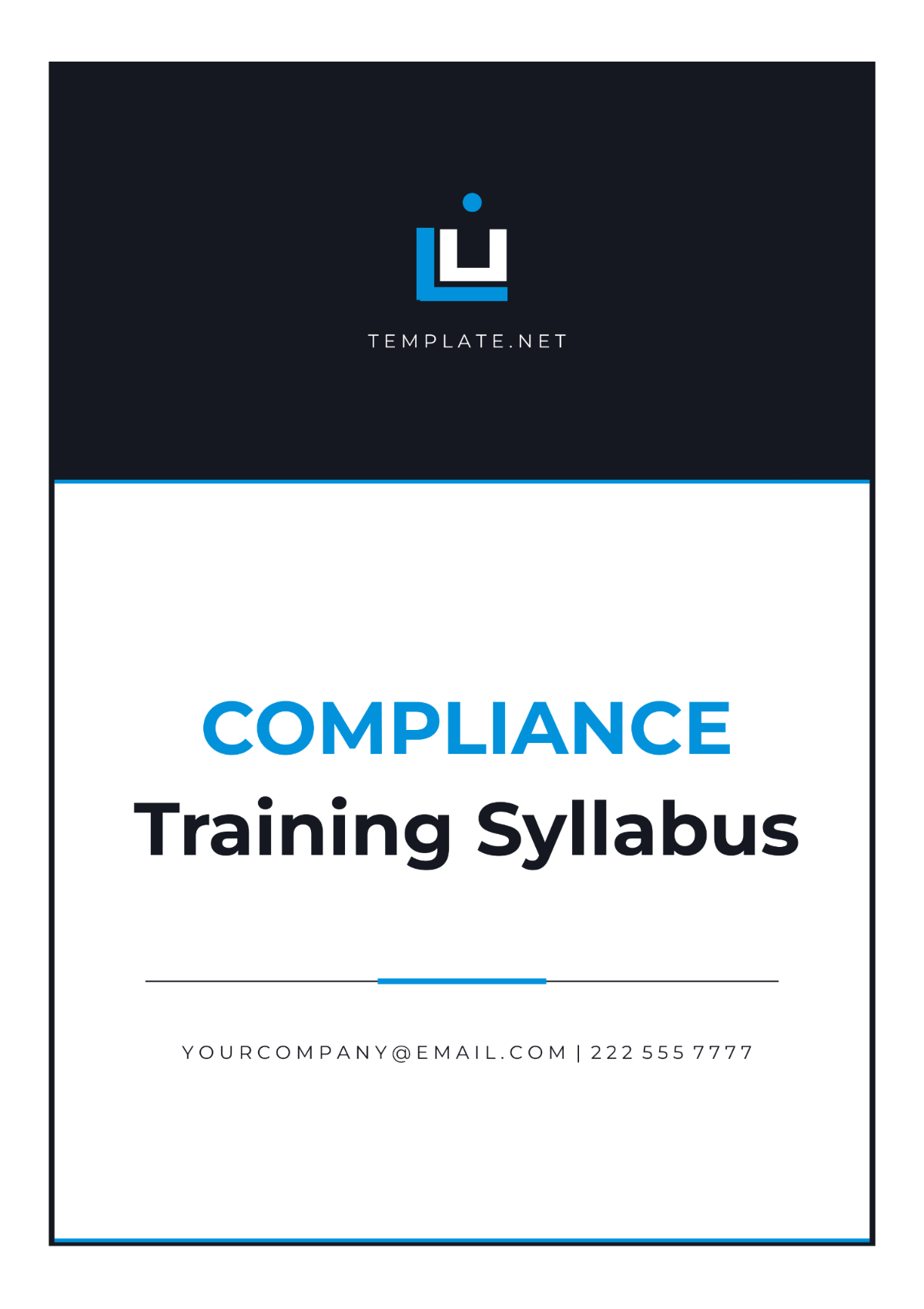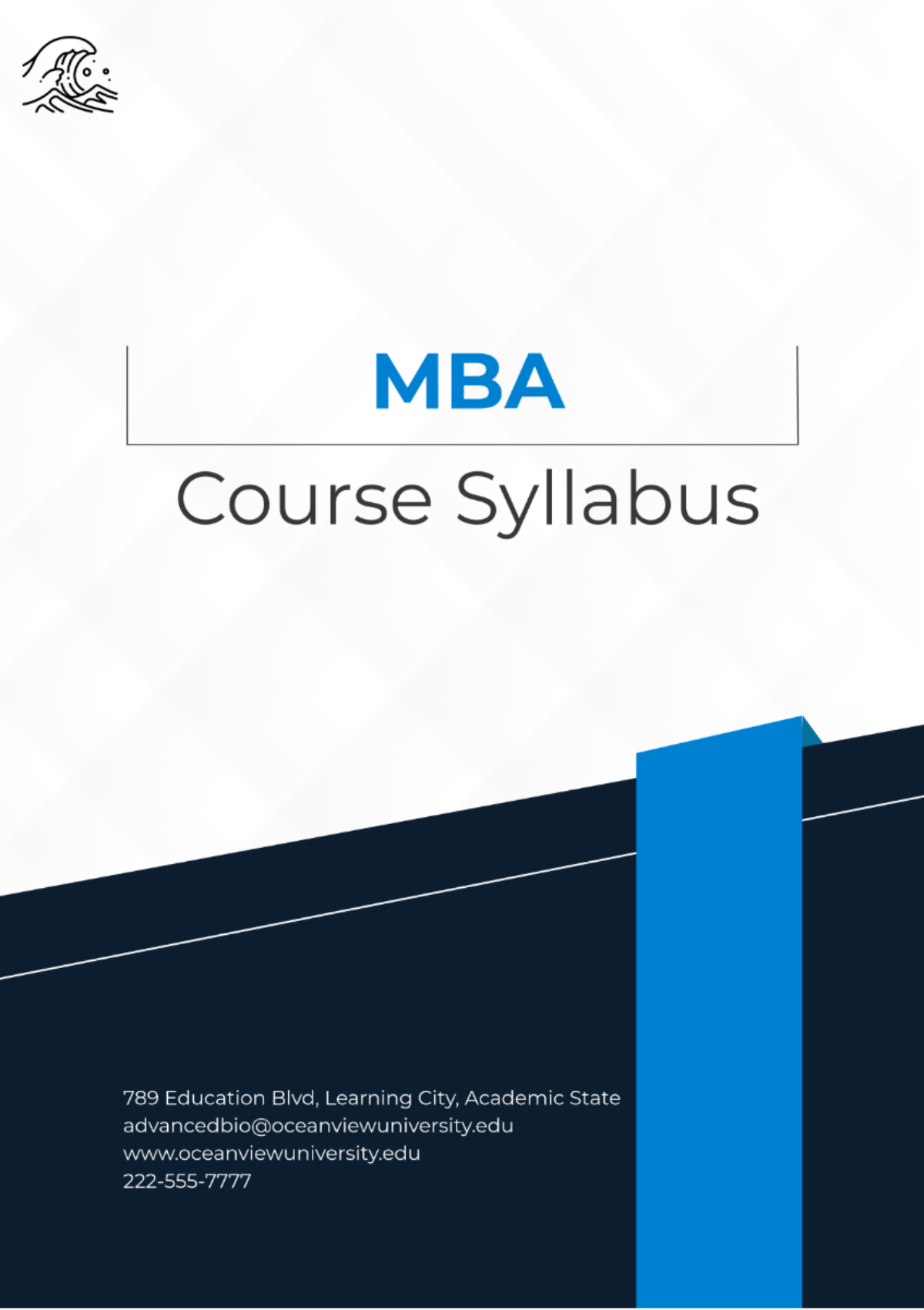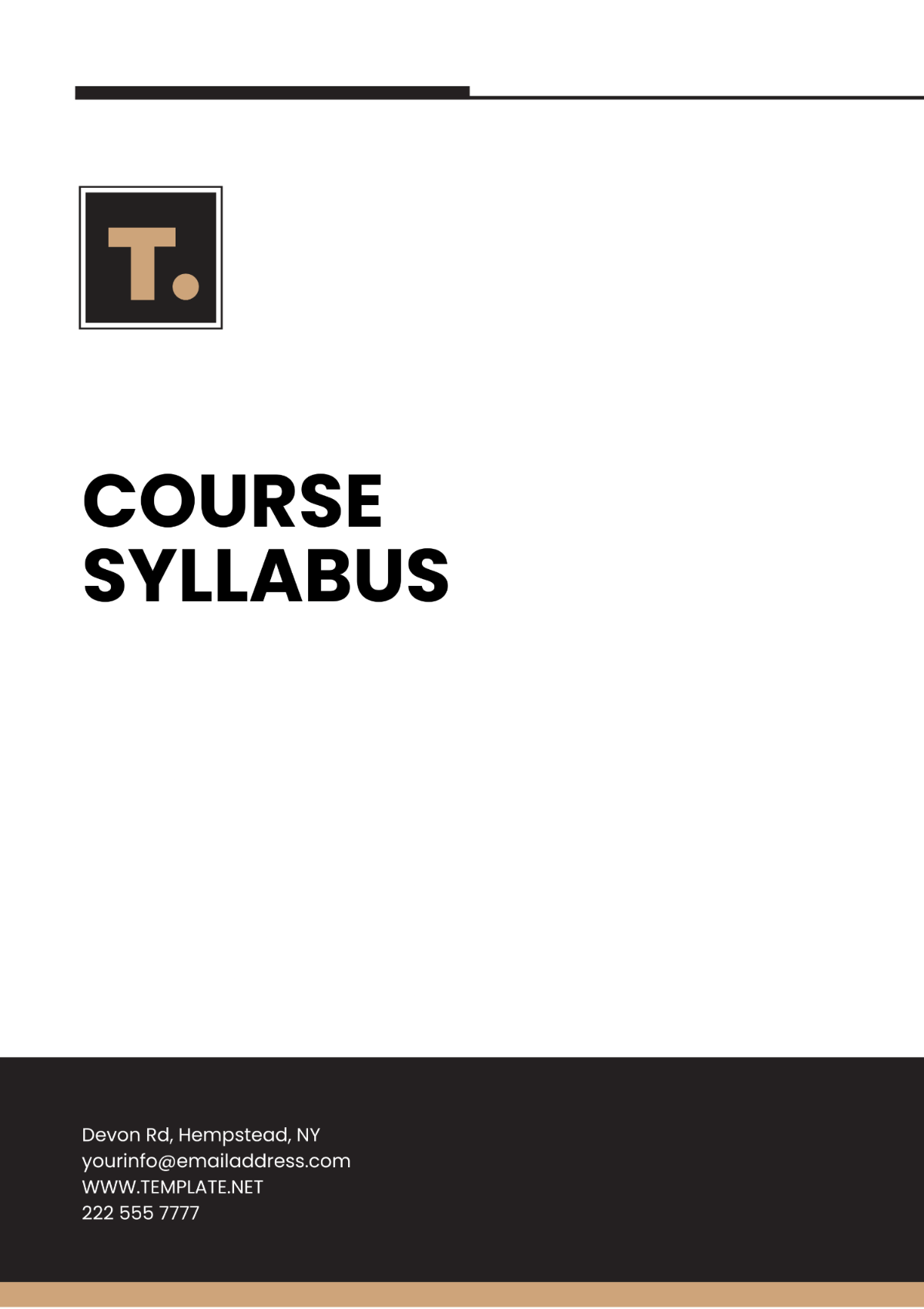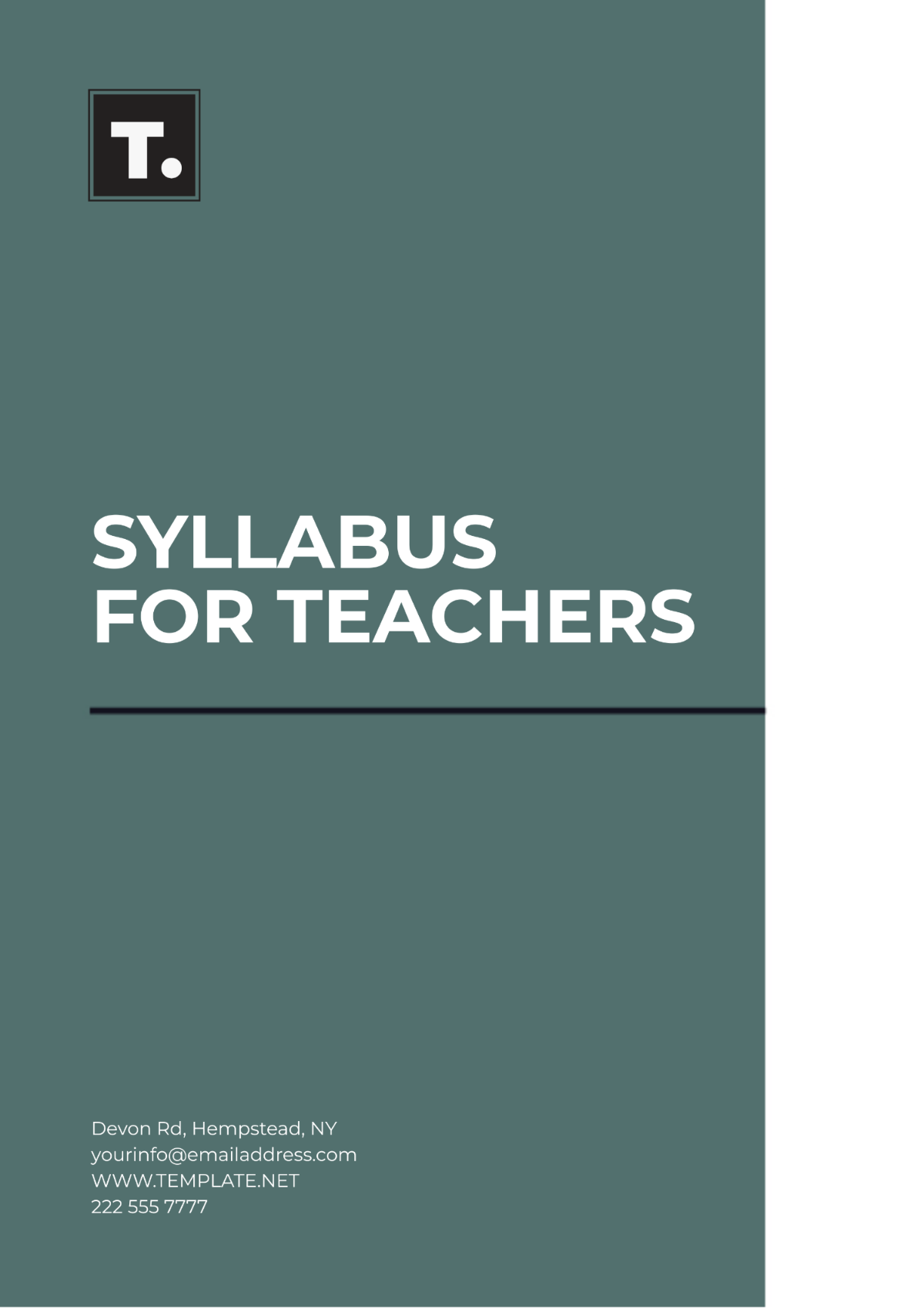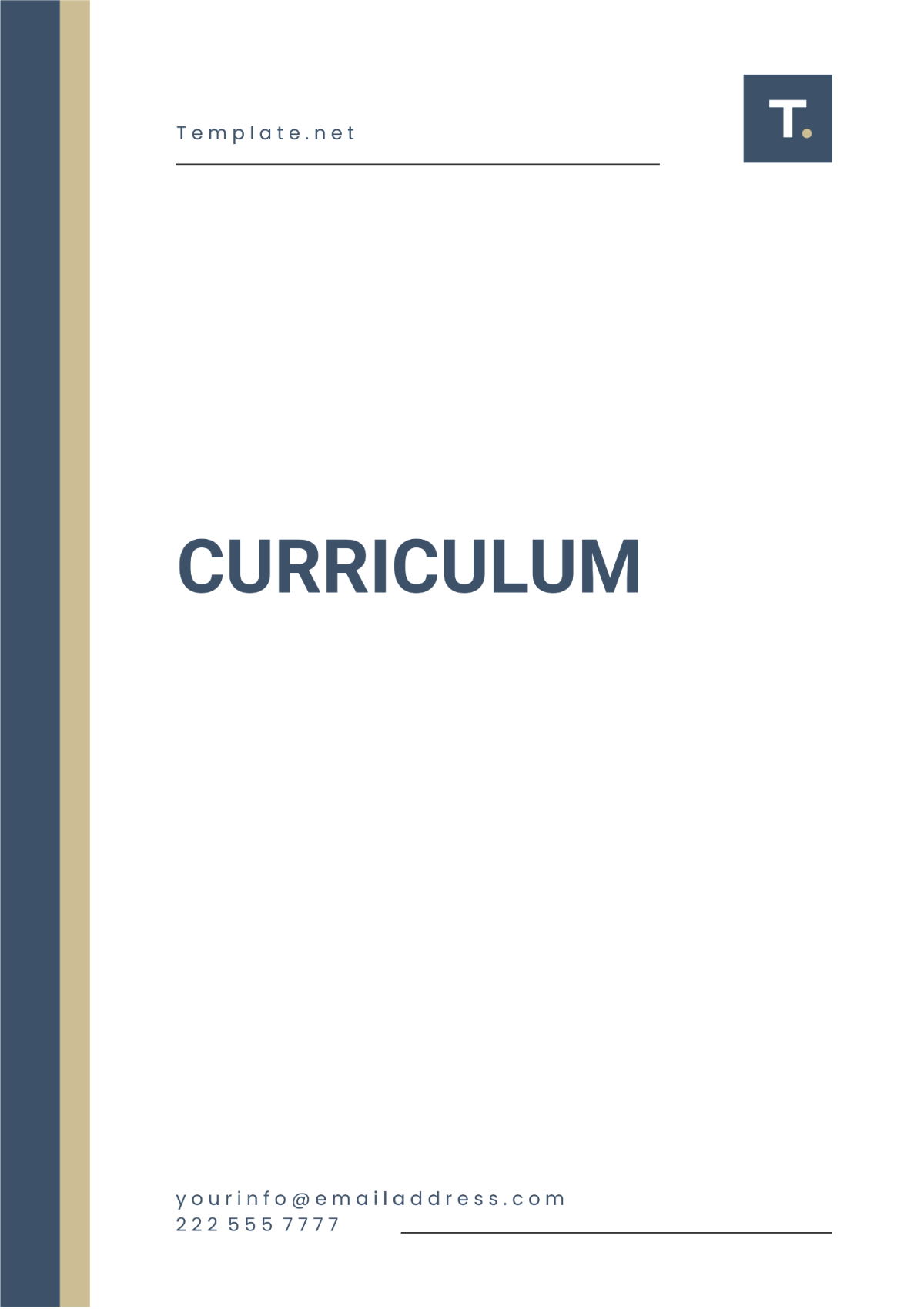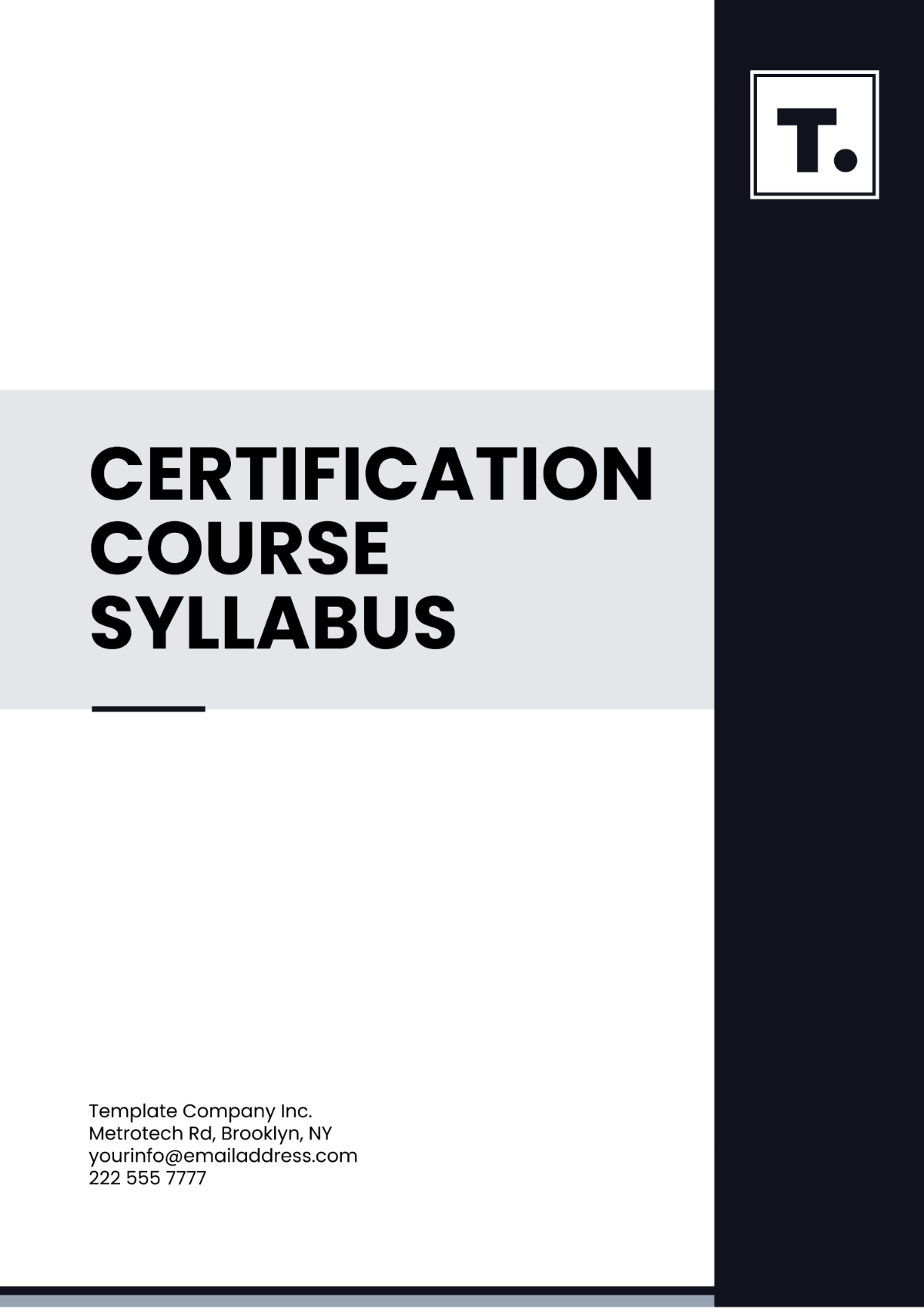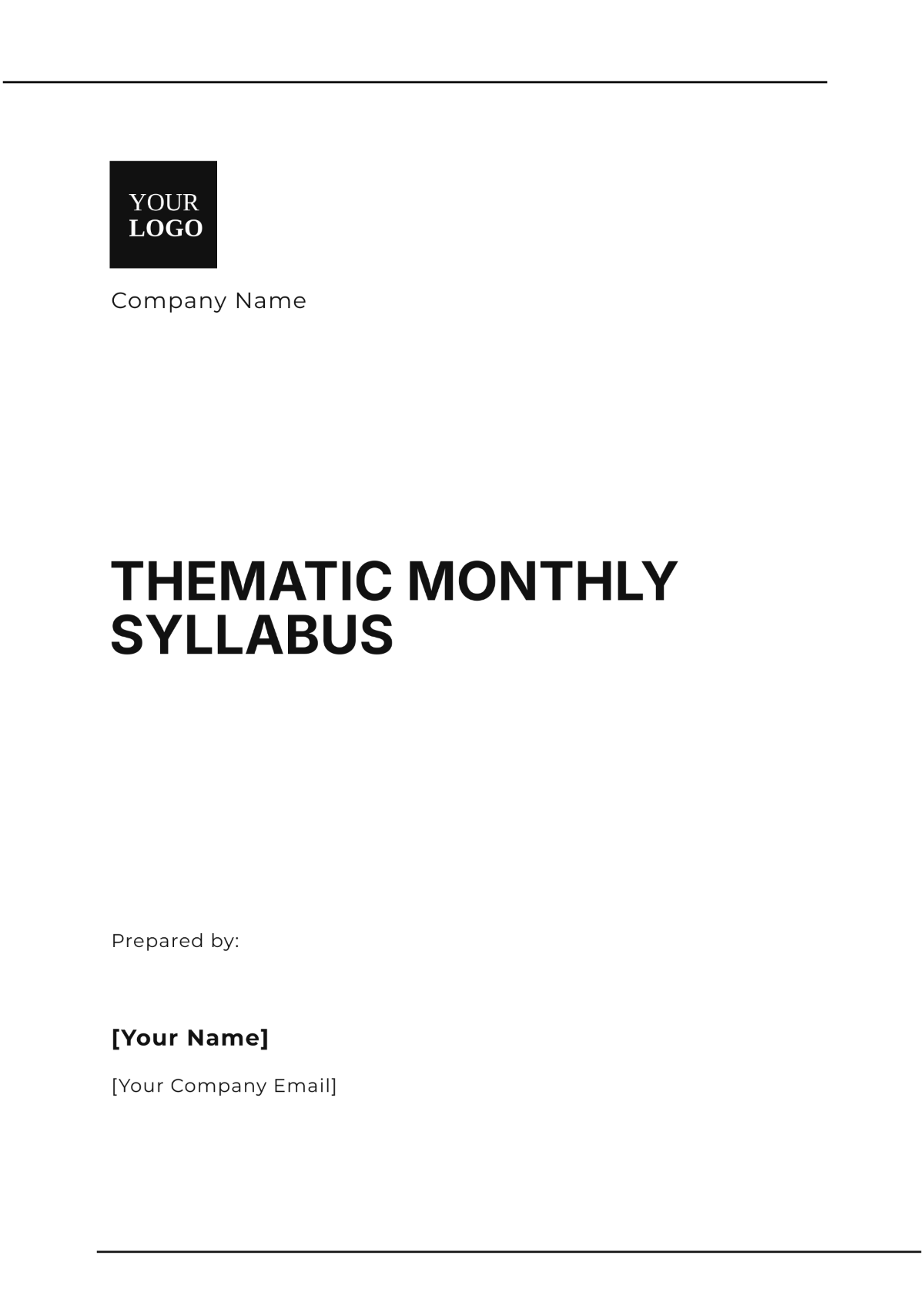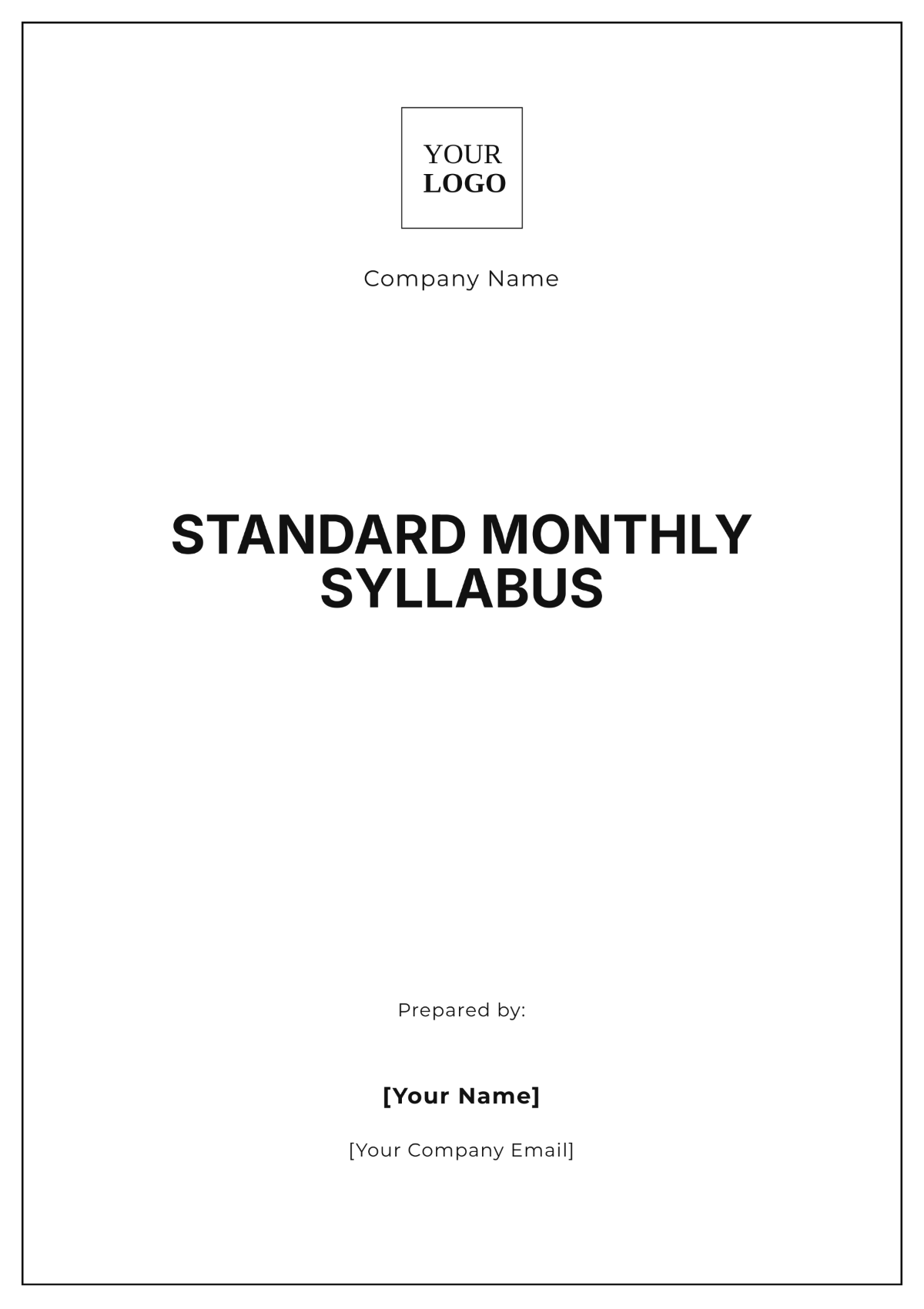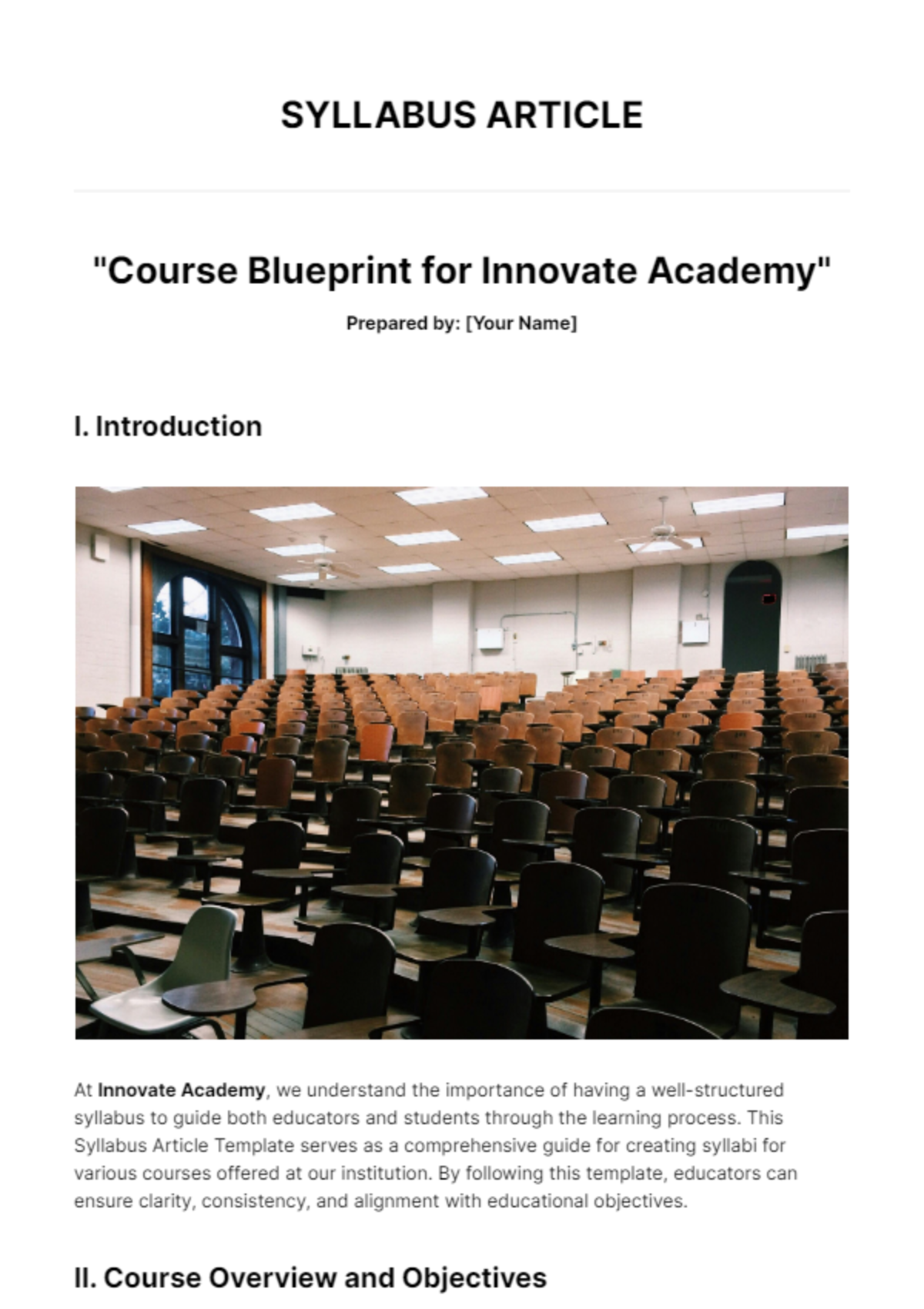Free BBA Syllabus Template
BBA Syllabus
BBA Course
Course Title | [COURSE TITLE] |
Course Code | [COURSE CODE] |
Instructor Name | [YOUR NAME] |
[YOUR EMAIL] | |
Class Time | [CLASS TIME] |
Class Duration | [DATE] - [DATE] |
1. Course Description
This BBA course involves the study of ethical norms and principles, corporate governance including a company's social responsibility, and the implications emerging from the conduct of companies in a global setting.
2. Instructor Information
Facilitator: [YOUR NAME]
Email: [YOUR EMAIL]
3. Learning Objectives
To understand the broad theoretical foundations of business ethics and corporate social responsibility.
To identify and analyze ethical dilemmas in the business world.
To understand the role and relevance of corporate governance in today's business scenario.
To develop critical thinking skills for ethical decision making.
To learn how to implement sustainable and socially responsible strategies in future business endeavors.
4. Course Schedule
Week | Topic | Assignment |
|---|---|---|
1 | Introduction to Business Ethics |
|
2 | Ethical Theories and Frameworks |
|
3 | Corporate Social Responsibility (CSR) |
|
5. Required Reading and Materials
'Business Ethics: Ethical Decision Making & Cases' by O.C. Ferrell, John Fraedrich, and Linda Ferrell
'Business & Society: Ethics and Stakeholder Management' by Archie B. Carroll and Ann K. Buchholtz
'Corporate Governance & Social Responsibility' by Tunjuel G. Singh
'Business Ethics Now' by Andrew W. Ghillyer
'The Age of Responsibility: CSR 2.0 and the New DNA of Business' by Wayne Visser
6. Assignments and Assessments
Case study analysis: Students will analyze and present a case study on ethical dilemmas faced in corporate settings every alternate week.
Individual assignments: Bi-weekly assignments centered around reading materials and lessons.
Group projects: Involves creating a Corporate Social Responsibility (CSR) plan for a fictional or real company.
Midterm examination: Covering the syllabus till week 8
Final examination: Comprehensive assessment covering the entire syllabus.
7. Course Policy
Attendance: Regular attendance is expected. More than three unexcused absences may affect your grade.
Participation: Active class participation is required. Discussion and debate are encouraged.
Late Assignments: Late assignments will attract penalty unless due to medical or family emergencies.
Plagiarism: Strict academic honesty policy. Plagiarism is not tolerated and may lead to disciplinary action.
Cell-phone policy: Use of cell phones during class hours is not allowed except for emergencies.
8. Grading Policy
Criteria | Percentage |
|---|---|
Attendance and Participation | 10% |
Individual Assignments | 25% |
Group Projects | 30% |
Midterm Examination | 15% |
Final Examination | 20% |
Total | 100% |
Disclaimer
The instructor holds the privilege and authority to bring about modifications to the course syllabus, timetable, and the policies, should they find it necessary to do so. If there are to be any changes made, it will not be done unnotified. All students will be informed promptly and adequately, ensuring they have sufficient time to prepare or adjust to the new changes.



